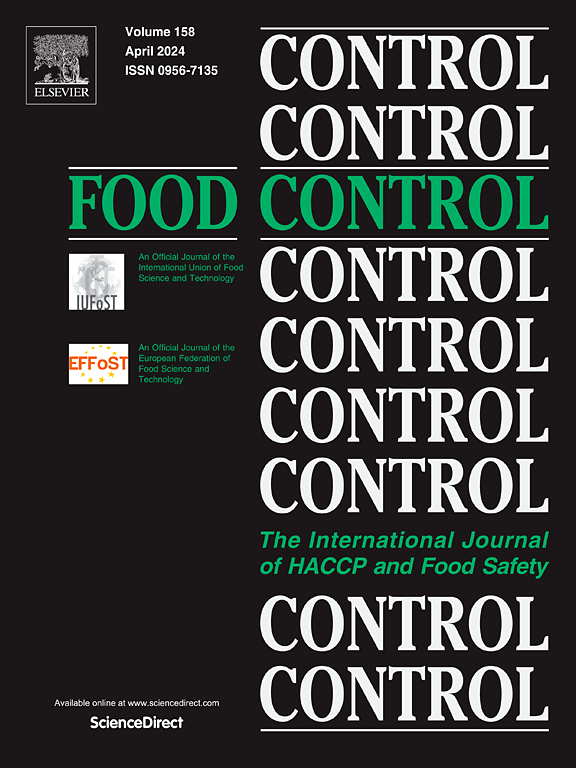Requirements for a food traceability system in a fruit supply chain
IF 5.6
1区 农林科学
Q1 FOOD SCIENCE & TECHNOLOGY
引用次数: 0
Abstract
Food traceability systems play a critical role in enabling traceability within fruit supply chains. To develop, implement, and evaluate food traceability systems, a set of system requirements is required. However, requirements published to date mainly comprise more general principles and functional requirements, without including non-functional requirements. Existing requirements also do not reflect the need for adaptability of such systems nor expressly consider data quality. Therefore, this paper develops requirements for a food traceability system in a fruit supply chain, comprising functional requirements and non-functional requirements, that consider data quality as well as adaptability. The set of requirements presented in this paper integrates inputs from stakeholder interviews within a representative fruit supply chain (i.e. the deciduous fruit industry of the Western Cape, South Africa), relevant literature, as well as standards on traceability, data quality, and software and information systems quality. The paper shows that the system requirements address the essential functional requirements of a food traceability system, while also defining non-functional requirements that address adaptability and data quality. In further research and in industry, the system requirements can be used in the development and evaluation of food traceability systems in fruit supply chains.
水果供应链中食品可追溯系统的要求
食品可追溯系统在实现水果供应链可追溯性方面发挥着关键作用。为了开发、实施和评估食品可追溯性系统,需要一套系统要求。然而,迄今为止发布的需求主要包括更一般的原则和功能需求,而不包括非功能需求。现有的要求也没有反映这类系统适应性的需要,也没有明确考虑数据质量。因此,本文开发了水果供应链中食品可追溯系统的需求,包括功能需求和非功能需求,考虑数据质量和适应性。本文提出的要求集整合了代表性水果供应链(即南非西开普省的落叶水果产业)中利益相关者访谈的输入,相关文献,以及可追溯性,数据质量,软件和信息系统质量的标准。本文表明,系统需求解决了食品可追溯系统的基本功能需求,同时也定义了解决适应性和数据质量的非功能需求。在进一步的研究和工业中,系统要求可用于水果供应链中食品可追溯系统的开发和评估。
本文章由计算机程序翻译,如有差异,请以英文原文为准。
求助全文
约1分钟内获得全文
求助全文
来源期刊

Food Control
工程技术-食品科技
CiteScore
12.20
自引率
6.70%
发文量
758
审稿时长
33 days
期刊介绍:
Food Control is an international journal that provides essential information for those involved in food safety and process control.
Food Control covers the below areas that relate to food process control or to food safety of human foods:
• Microbial food safety and antimicrobial systems
• Mycotoxins
• Hazard analysis, HACCP and food safety objectives
• Risk assessment, including microbial and chemical hazards
• Quality assurance
• Good manufacturing practices
• Food process systems design and control
• Food Packaging technology and materials in contact with foods
• Rapid methods of analysis and detection, including sensor technology
• Codes of practice, legislation and international harmonization
• Consumer issues
• Education, training and research needs.
The scope of Food Control is comprehensive and includes original research papers, authoritative reviews, short communications, comment articles that report on new developments in food control, and position papers.
 求助内容:
求助内容: 应助结果提醒方式:
应助结果提醒方式:


